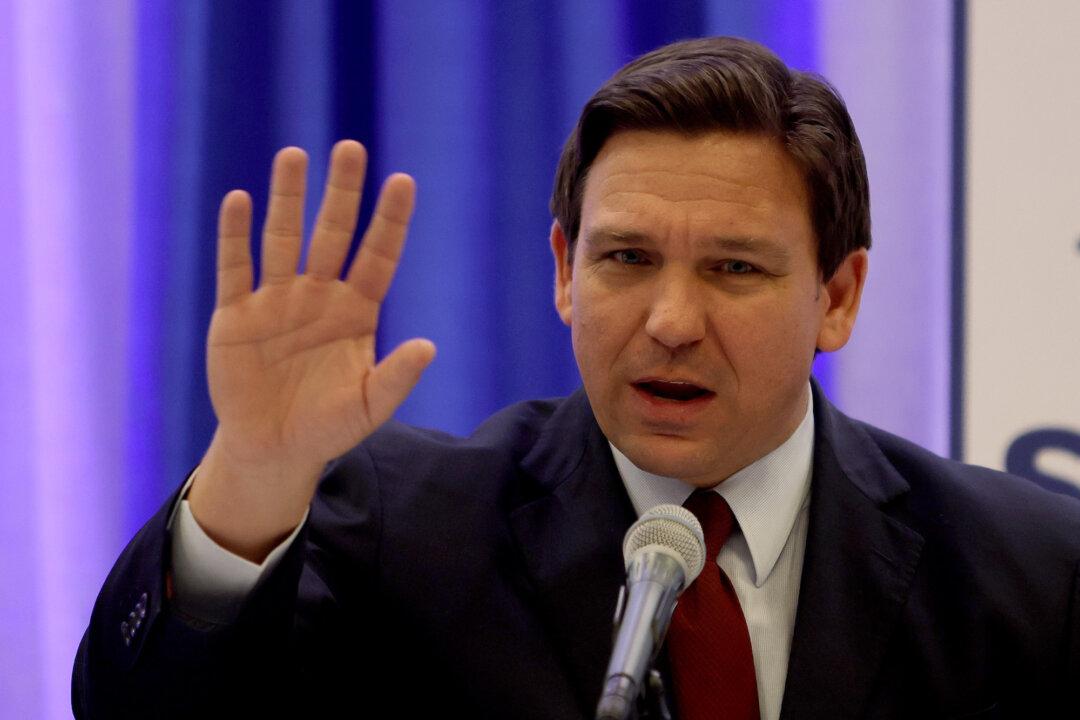As part of Florida’s effort to promote “intellectual freedom and viewpoint diversity” in higher education, public college and university students across the state are being asked, among other things, whether they feel comfortable expressing their opinions on campus without fear of retaliation.
A survey, developed by the State University System of Florida, was sent out on Monday to students and faculty via emails from their institutions. Emails attaching the survey say participation is voluntary, and that no personally identifiable information will be associated with the responses.





